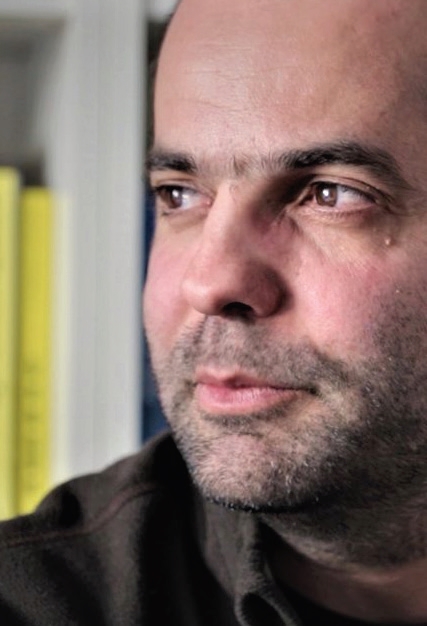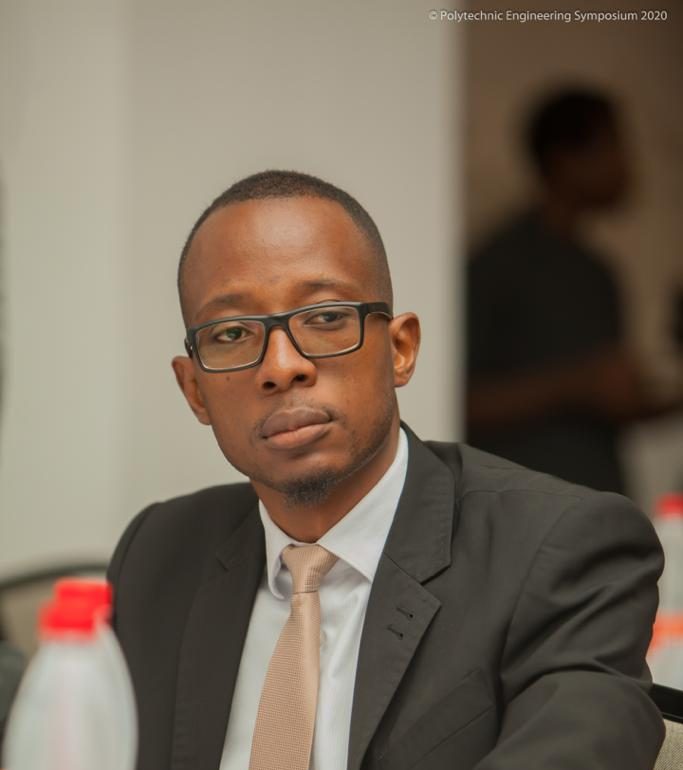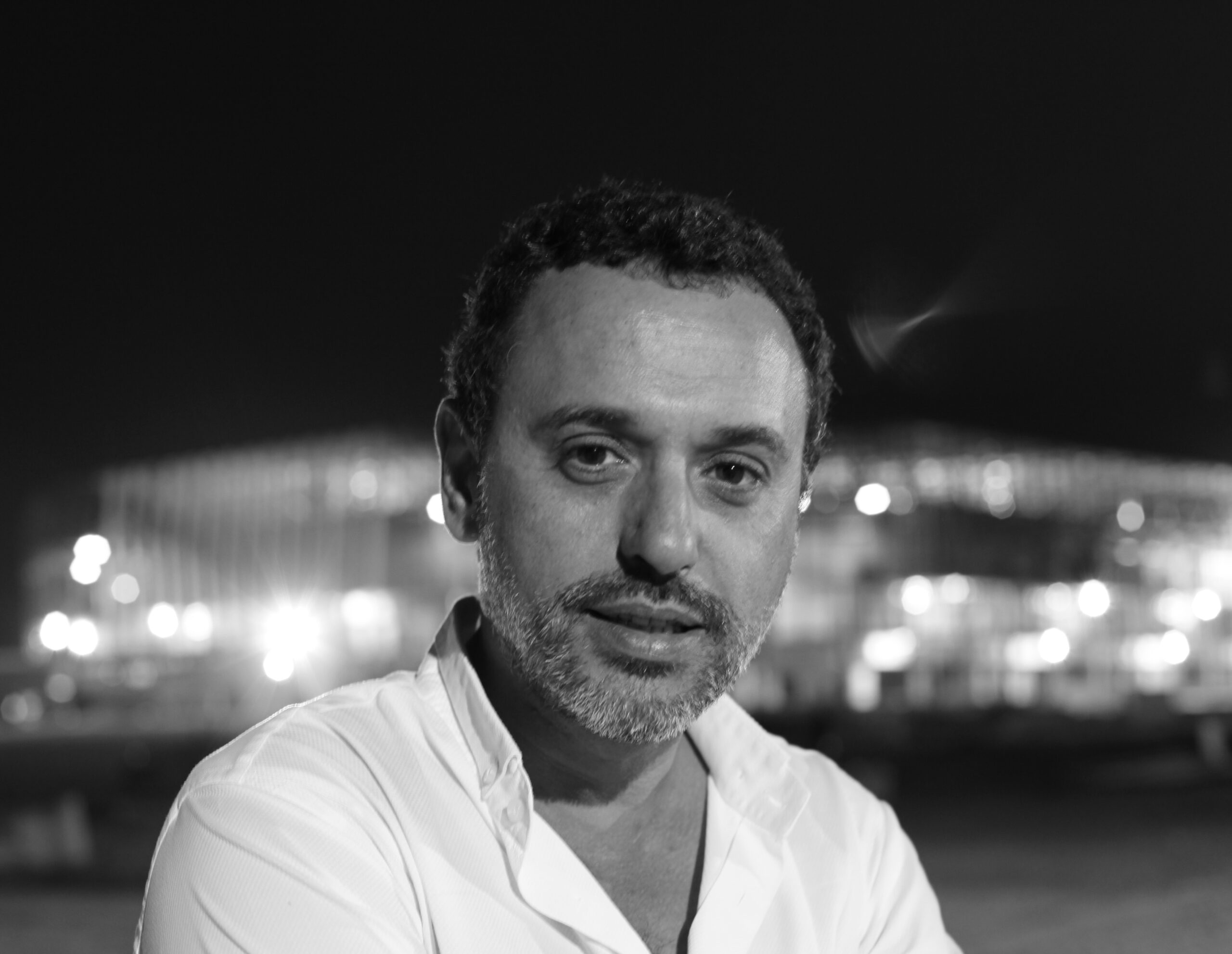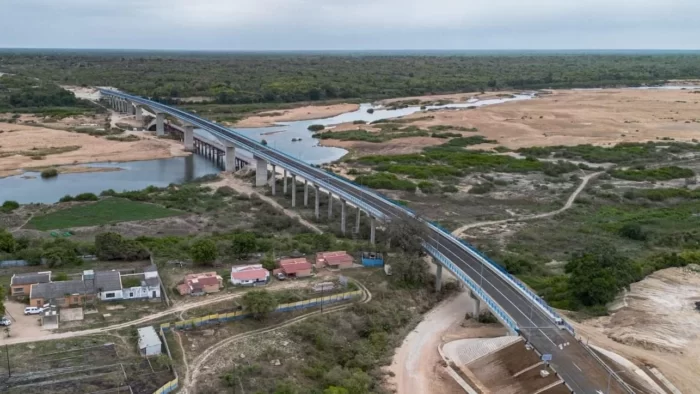A conversation with Arch. Tiago Saraiva

A conversation with Arch. Tiago Saraiva
'We face a problem when the house is no longer associated with a human right and it is permissible to evict people to make way for an Airbnb. Everything was commercialized ’
Five years ago, when we spoke for the first time, Ateliermob was looking for alternatives to the pure practice of architecture. Did you continue in that direction?
We continued and that is how we have progressed and increased the overall volume of work, in the last years. We transferred a lot of our work to this logic of raising funds for projects that we wanted to do and that was what allowed us to find an answer to the crisis, although we have always had regular orders. This type of work, which has a social character, is now more organized because, about two years ago, we created a cooperative: “Trabalhar com 99%” [Working with 99%], and it manages these jobs, for supporting the population. Residents’ associations, for example, can be part of the cooperative that, as it provides a service, there is no VAT. We have many requests for membership from non-profit entities. The cooperative also allowed us to add value to the studio. We have a landscaper and an anthropologist who help us provide a wider range of services.
Was it through the cooperative that you got involved in projects for the recovery of houses affected by the fires in the center of the country?
Yes. We have the classic component of the building’s rehabilitation, where there is a lot of interaction with people, but also, through the fund managed by Calouste Gulbenkian Foundation – which motivated the opening of a studio in Figueiró dos Vinhos – we have a proposal to help in the recovery of other types of buildings, such as libraries since houses weren’t the only ones affected. Unfortunately, there are the “know-it-all’s”, the lack of projects, the idea that everything can be made by the contractors. Everything is centered on time and money. But the truth is that, if things don’t get to the architect, no one thinks about things as important as the pits, for example. We replace the permeable pits, in the projects that we develop with BETAR. Solar panels are also not always being applied, it seems that we went back in time. Sincerely, there is a lack of architects working on site, it was very important for us to have other architects there. Architects are often seen as a hindrance, “they make it more expensive and it takes longer”. The need for more time is true, since we have to think, draw, do. Even so, these projects were done much quicker, the studio grew and we developed emergency procedures. And the projects are no longer expensive. We made sure to be very close to the contractors and explain everything to them so that they didn’t present high values. We managed to get much lower values, the new construction is between 450 and 650 €/m2, which is absolutely extraordinary. And people realize that there was an upgrade over the houses they had.
Is the crisis over and is the studio in a stable phase?
As a studio, we always live in a crisis. We have always had the stress of restraint. From 2008 to 2010 we were most affected because the public work was entirely assigned to Parque Escolar, where the new generation of architects was left out. Then we turned to fundraising, which was always something well programmed and stabilized our business volume and staff. It was never our goal to withdraw the company’s profits, we took salaries. When we have more profit, we add one more person or redistribute it to those who are here, it motivates people, it creates team spirit. We have many more women than men and this has to do with an appreciation of the contractualization.
What do you have to say about the new Lisbon?
A force is taking place inside Lisbon that is sending people out. Everything was marketed, for each house a market value was found, and that is prevailing over everything else. It is a problem when the home is no longer associated with a human right. At a certain point, it became permissible to evict an elderly couple, who pays a low rent, to be replaced by an Airbnb that gives a higher profit. Prices have increased so much that the Portuguese people, considering the average wages, cannot support them and have to go to the city’s periphery. Portugal even has the right to housing in the Constitution in a very advanced way, regarding human rights, but it isn’t really respected. Housing is no longer seen as a fundamental right. For example, there is a right to energy, but even today there are neighborhoods that do not have electricity, about 12 thousand people living in these conditions. Through the cooperative, we were called by the Parliamentary Commission, which is preparing the Housing Basis Law, to show a set of proposals for neighborhoods where we are working, with different conditions, so that the deputies have a technical vision, and be able to produce legislation suited to reality.
This interview is part of Revista Artes & Letras # 95, March 2018
Partially automatic translation from portuguese: some expressions may differ from their actual meaning.
News & Interviews
A conversation with Eng. Chrispin Kapalamula
'Ensuring that the environment remains a central concern, that it is not compromised during the works (...) and ensuring, wherever possible, that it is restored to its condition after demobilization, is a very important function' Read more
A conversation with Arch. Miguel Berger
'In Luanda I feel at home. During the first days I walked with a camera in my hand, touched by the buildings. I really like being here, my life started again at 40. ’ Read more
New bridge inaugurated in Mozambique
Betar has contributed to the success of the project, which is vital for the transportation of people and goods. Read more




